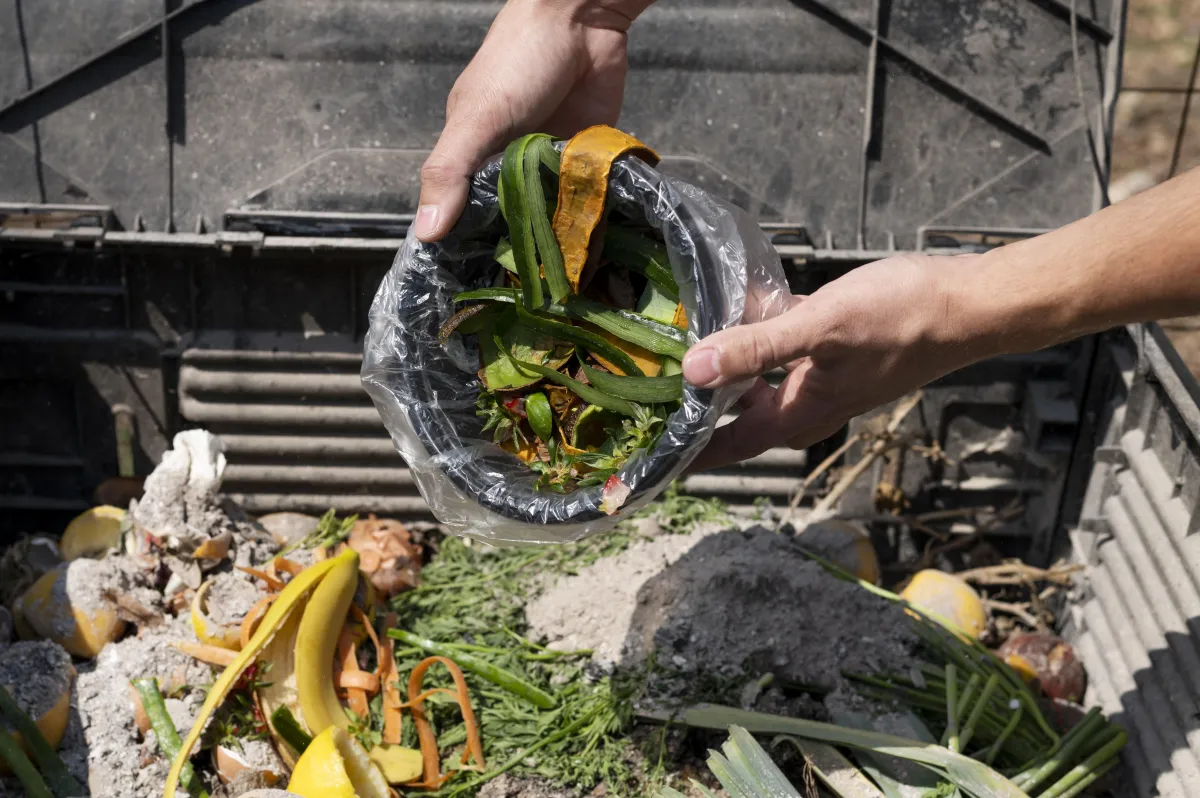
Another important engine of the new economic model called BCG in the circular economy is the agriculture and food industry, in which the government has the following goals:
1. Create a mechanism to reduce food loss from the current level of 30% to 10% by 2030 and to reduce food waste by 50% by 2030, as well as promoting the supply chain and raising consumer awareness;
2. Develop mechanisms for recycling and utilization of agricultural waste to reduce environmental pollution, with the goal of reducing agricultural burning by 100%.
The second goal has special urgency because burning rice straw and sugar cane leaves causes public health problems and increases the cost of pollution management in Thailand, which increases every year, while more than half of the solid waste is still food waste.
The operational guidelines for driving the circular economy in the agro and food industry are, basically, to utilize the agricultural wastes instead of burning and to reduce food loss and food waste in a sustainable manner. This requires collaboration between the public and private sectors and the general public, the people themselves. In the next 3-5 years, the government plans to start a pilot project to reduce food loss and supply chain loss in 15 targeted economic plants and animals, including startup incubation. The project aims to manage, utilize, and increase the value of food waste and amend the definition of “industrial waste” defined in the law for waste utilization, such as cassava pulp.
The use of sugarcane leaves in the production of biomass energy to support the community-based power plant policy is expected to generate energy with a value of 24,000 million baht per year. It is also expected to reduce health, economic, and social problems due to PM 2.5, as well as maximizing the use of resources, reducing global food waste, reducing greenhouse gasses (GHG), and mitigating climate change.